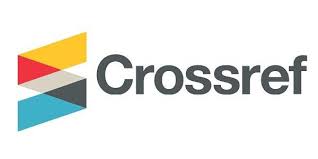Integrasi Hadits Nabi Tentang Konsep Budgeting Berbasis Maqāṣid Dalam Menyeimbangkan Efisiensi dan Tanggung Jawab Sosial
DOI:
https://doi.org/10.62387/hatta.v3i2.280Keywords:
Budgeting; Efisiensi; Family Education.Abstract
This study aims to integrate Prophetic guidance (Sunnah of the Prophet Muhammad into the development of a Maqāṣid-Based Budgeting Framework, focusing on the balance between efficiency and social responsibility in Islamic financial management. Using a qualitative thematic approach to relevant hadiths on trust (amānah), professionalism (itqān), prohibition of extravagance (isrāf), and distributive justice, the study reveals that efficiency in Islam extends beyond cost reduction toward the optimization of maslahah ‘āmmah (public welfare). Meanwhile, social responsibility serves as an ethical foundation ensuring fairness, transparency, and accountability in fiscal decision-making. The integration of Prophetic values with theories of Islamic Fiscal Management and Public Finance Efficiency enhances the conceptual strength of Islamic budgeting as a model of balanced financial governance. Thus, budgeting in the maqāṣid and Prophetic perspective is not merely a technical instrument but also a spiritual and social tool for achieving just, efficient, and ethically grounded financial management.














